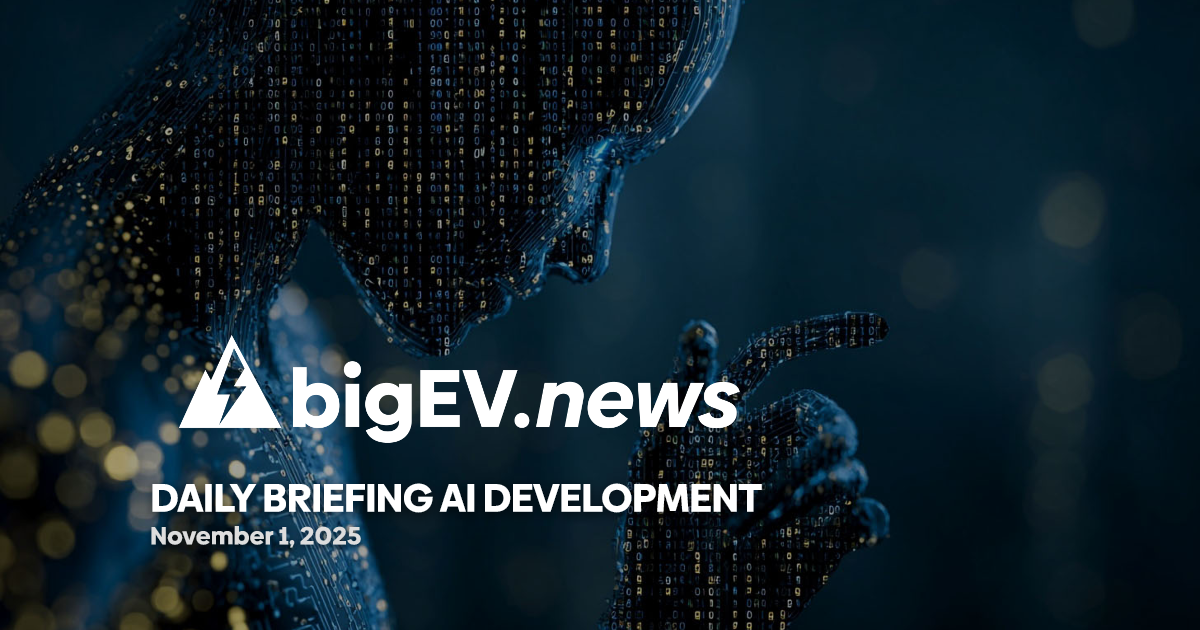A surge of AI-driven innovation, partnerships, and regulatory shifts is transforming sectors from logistics and energy to consumer technology and healthcare.
At a glance – The past 24 hours have underscored the accelerating pace of artificial intelligence development, with major industry forums, product launches, and regulatory decisions shaping the global landscape. The Samsung AI Forum 2025 convened leading researchers and executives to discuss the convergence of AI and semiconductor technology, highlighting the sector’s shift toward foundational models and vertical integration. Meanwhile, Google expanded its AI-powered search and assistant features to over 180 countries, introducing real-time voice chat and AI-generated audio summaries, signaling a new era of agentic, multimodal search experiences. These developments reflect a broader trend: AI is no longer a distant vision but a core driver of business strategy, research, and policy worldwide.
Technology advance – Apple’s latest wave of AI-powered features is redefining consumer technology, with the rollout of Live Translation across Messages, FaceTime, and phone calls. This innovation leverages on-device processing to deliver instant, private translations as text or speech, breaking down language barriers in real time. The September 2025 update also introduced enhanced Visual Intelligence, integrating screenshot analysis and image generation with ChatGPT, and expanded language support to seven new languages. In parallel, Butterfly Network is revolutionizing medical imaging with its AI-enabled iQ3 ultrasound device, which automates complex diagnostic tasks such as lung artifact quantification and bladder volume estimation. These advances demonstrate how AI is permeating both everyday communication and critical healthcare workflows, making sophisticated capabilities accessible to a global audience.
Partnerships – The Samsung AI Forum 2025 showcased the power of cross-sector collaboration, bringing together academic luminaries like Yoshua Bengio and industry pioneers such as Stefano Ermon to chart the future of AI-driven semiconductors. Samsung’s focus on vertical AI strategies and its Yongin facility underscores the company’s commitment to integrating AI at every layer of its operations, from chip design to end-user applications. This collaborative approach is mirrored in the healthcare sector, where Butterfly Network’s partnerships with rural clinics and emergency rooms are expanding the reach of AI-powered diagnostics. Such alliances are not only accelerating technological progress but also ensuring that breakthroughs translate into tangible benefits across industries and geographies.
Acquisitions/expansions – Oracle’s announcement of a $300 billion infrastructure deal marks one of the largest expansions in the AI sector to date, aimed at scaling cloud and AI services for enterprise clients worldwide. This move is set to bolster Oracle’s position in the competitive cloud market, enabling the deployment of advanced AI models and analytics tools across logistics, energy, and financial services. Simultaneously, Google’s global rollout of AI Mode and the integration of Gemini-powered features into its Pixel 10 lineup represent a strategic expansion of AI capabilities into both consumer and enterprise domains. These large-scale investments and product launches are reshaping the competitive landscape, driving consolidation and innovation in equal measure.
Regulatory/policy – In a significant legal development, a federal judge rejected Anthropic’s proposed $1.5 billion copyright settlement, signaling heightened judicial scrutiny of AI model training practices and intellectual property rights. This decision is expected to set a precedent for future litigation involving generative AI companies and content creators, with potential ripple effects across the industry. At the same time, regulatory bodies are intensifying their focus on child safety and ethical AI deployment, as evidenced by ongoing FTC reviews and new policy proposals. These regulatory shifts are prompting companies to adopt more transparent, responsible AI practices, balancing innovation with societal and legal obligations.
Finance/business – The financial sector is witnessing a wave of AI-driven transformation, with major players leveraging advanced analytics and automation to enhance profitability and market agility. Microsoft’s restructuring of its partnership with OpenAI is aimed at accelerating the commercialization of large language models for enterprise clients, while Oracle’s infrastructure expansion is expected to unlock new revenue streams in AI-powered cloud services. Meanwhile, the integration of AI into logistics and energy management is driving operational efficiencies and cost savings, positioning AI as a critical enabler of business growth in a volatile economic environment. Executive commentary across the sector underscores a shared conviction: AI is not just a technological upgrade, but a fundamental shift in how value is created and delivered.
Sources: tsttechnology.io, technet.org, weforum.org, official court filings, company press releases, industry media briefings








